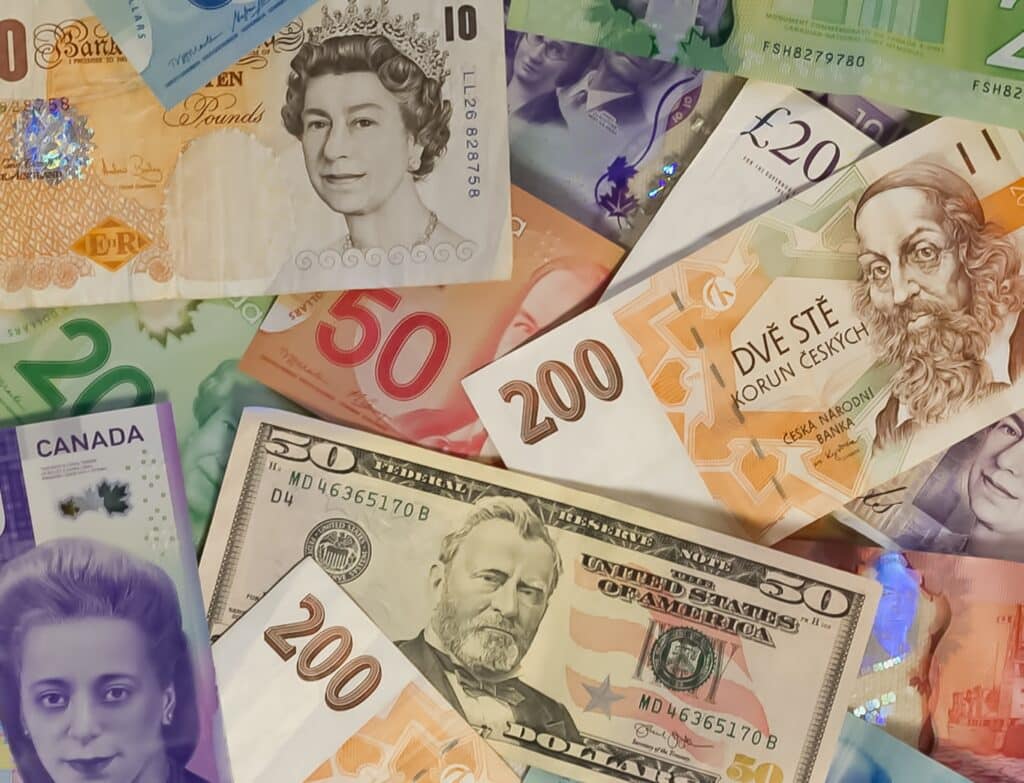Many people need to transfer money across borders at some point in their lives. They include travelers, expats, overseas’ workers, immigrants, international students, and businesses expanding their global footprint, to name a few.
If you find yourself in the position of sending money abroad, you’ll want to understand some basic terms. This guide to money transfers will help you make the best choice for international money transfers.
Let’s start from the beginning and define some key terms you may encounter with money transfers:
Account verification process
When you set up an account, your information must be verified. Different money transfer services may require different information, but typically, you’ll provide your name, address, date of birth, and an official form of ID.
Bank transfer
Money is transferred directly into the recipient’s bank account.
Cash pickup
The recipient of your transfer will be able to pick up cash directly from a physical location.
Currency code
The code or shorthand refers to the currency you want to transfer.
For example, the code for U.S. dollars is USD, for the British Pound it’s GBP (for Great British Pound), for the South African Rand it’s ZAR, and so on.
Be sure to verify that the currency you want to make the transfer in is selected correctly in your transfer.
Delivery method
The transfer can be delivered in a number of ways, such as a cash pickup, a mobile transfer, directly into the recipient’s bank account or even via home delivery (where some banks offer an option to deliver the money directly to the recipient’s home). This will vary depending on the country.
Domestic money transfer
A transfer of funds to a recipient within the same country and likely transferred into the same currency.
Exchange rate
The rate at which the funds you transfer will be exchanged into the foreign currency. This value will typically be shown in a ratio compared to one unit of your starting currency.
For example, as of writing, when looking at the Nigerian naira, it may be displayed as 412 NGN/USD or 0.0024 USD/NGN depending on the transfer direction.
International money transfer
A transfer of funds to a recipient in another country and typically transferred directly into an international currency. In some cases, you will also have the option to transfer funds in USD.
Mobile wallet
With a mobile money account, people can conduct banking and payment activity through an app on their smartphone. Money can be transferred directly to a mobile wallet, as well, in many cases.
Sending limit/transfer limit
The limit on the amount of funds that you may send in a single transfer. This depends on the country and the service provider.
Transfer fee
The fee that you pay to complete the funds transfer to your recipient. Depending on the transfer speed selected, you may incur a higher fee. The amount can also vary based on the type of payment method you choose.
Using a credit card for a transfer, for example, typically incurs a higher transaction fee as compared to a direct bank or debit card transfer. In some cases, a direct bank transfer may even be free.
Transfer speed
Refers to the time it takes for you to be able to transfer your money.
For example, at Remitly, for certain countries, there is an Express option that transfers your money more quickly and an Economy option where the transfer speed is slower than Express but can have a lower fee.
Wire transfer
A wire transfer is also known as a bank transfer. It refers to the electronic transfer of funds from one bank account to another bank account.
To complete such a transfer, you will likely need your recipient’s bank account information and other pertinent details, such as a sort code or routing number.

Learn More
We’ve got you covered with plenty of useful information about money transfers.

